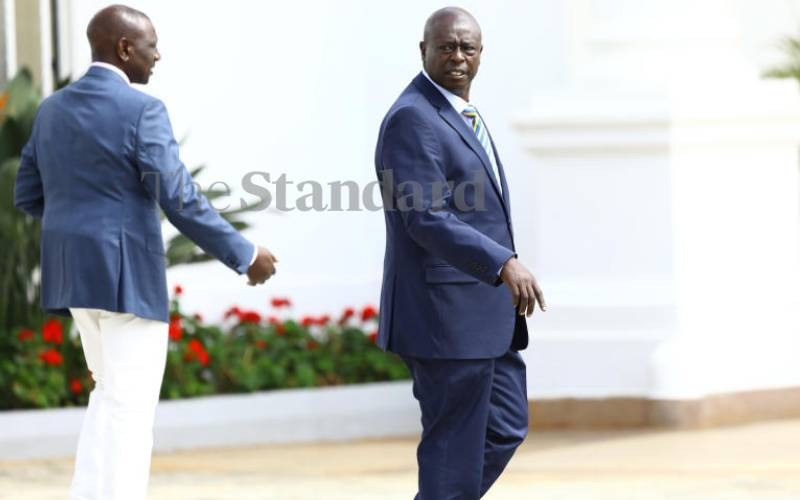
The ongoing political trauma bonding puzzles on many fronts. The top Kenya Kwanza government brigade went full-throttle for Uhuru Kenyatta and Raila Odinga during the 2022 election campaigns with sharp gaslighting strategies.
Of course, year after year from bad weather to climate change, to high cost of living, to tribal clashes to maandamano, and to anything that sounds like a good scapegoat, Raila is the punching bag for both political novices and maestros in the field. In the past year, Uhuru has come under sharp tongue-lashing for allegedly funding the demonstrations that were gaining momentum in parts of the country.